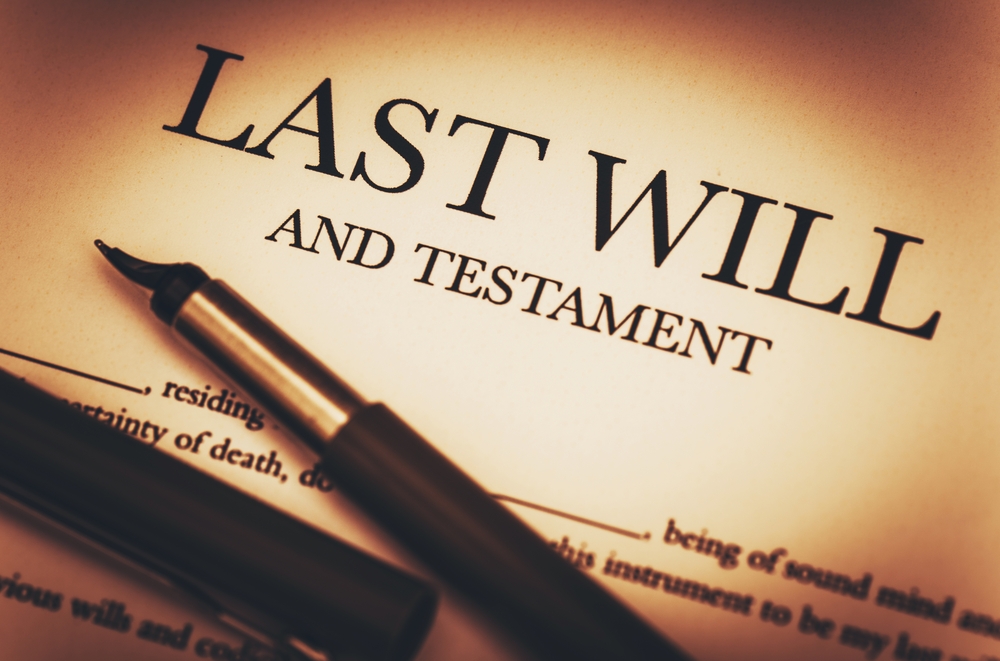
Common Estate Planning Myths Debunked

Estate planning is an important way to prepare yourself and your loved ones for life’s most unexpected moments. Some people find the idea of estate planning intimidating, but they shouldn’t. In many cases, their anxiety is based on common myths and misconceptions about the estate planning process.
At Hargrave Law, PC, our Bedford estate planning lawyers have addressed and debunked five common myths to help our clients understand why estate planning is so critical.
Myth #1: Estate planning is only for the elderly and affluent
Many people assume that estate planning is for people who are fabulously wealthy and enjoying their golden years. This couldn’t be further from the truth.
If you own assets, have property, or your loved ones depend on your income, you have an estate. That means it’s in your best interest to plan today for what could happen tomorrow. And you can’t begin too early.
Myth #2: If you don’t have a family, you don’t need an estate plan
If you don’t have an estate plan, the courts will likely divide and distribute your assets when you die. They’ll follow state intestacy laws, which distribute assets to family members and creditors first and then to the state.
By creating an estate plan, you can direct your assets toward worthy beneficiaries such as friends and charitable organizations. Bear in mind that estate planning is not just about wills and trusts. For many people, the most important part of estate planning is “incapacity planning,” which prepares for unexpected medical events and late-in-life care.
Myth #3: Once you establish your estate plan, you’re set for life
It’s tempting to think of an estate plan as a “one-and-done” solution for the future. It’s not. Many people’s families, financial situations, and life goals change over time. That makes it vital to adapt your estate plan regularly.
Most experts recommend reviewing and updating your estate plan at least once every three to five years or when any of the following life events occur:
- The birth or adoption of a child or grandchild
- Death or change of circumstances for anyone named in your plan
- Changes in your financial goals, insurance coverage, or assets
- Marriage or divorce
- A large inheritance or gift
- Career changes or new businesses
- Changes in state or federal tax and estate laws
Myth #4: Creating an estate plan is unaffordable
While it can be costly for those with extensive and complex estates to develop an estate plan, estate planning isn’t always expensive. The costs of creating an estate plan vary widely, but you can minimize your estate planning expenses by:
- Choosing an experienced attorney who can help you establish an estate plan without hassles or errors
- Knowing your needs and goals ahead of time, so you avoid paying your attorney for more time than necessary
- Establishing a written agreement with your attorney upfront, so there are no surprise bills
Keep in mind that failing to create a strong estate plan can be much more costly over time than any expenses related to establishing a plan.
Myth #5: You don’t need a lawyer to create your estate plan
It’s possible to draft estate planning documents on your own from online examples, but it’s not always a safe choice. Without legal or financial guidance, you have no way of knowing what you don’t know. That means you could create an estate plan that doesn’t account for all of your needs, and you might not know it until it’s too late.
If you still want to draft your own plan, it’s a good idea to ask a qualified attorney to review it with you before it’s finalized. With the help of a knowledgeable Texas estate planning lawyer, you can rest assured that your estate plan is comprehensive and error-free.
To discuss your estate planning questions in a confidential case review, contact Hargrave Law, PC, today.






